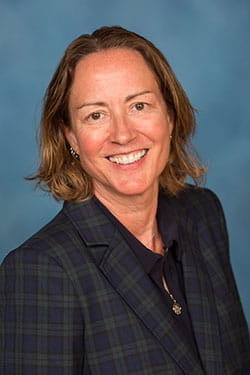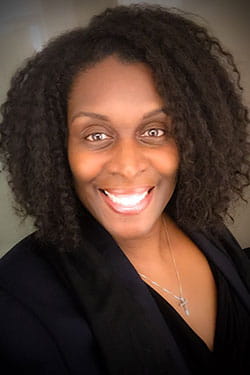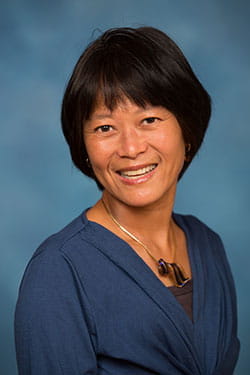
In honor of Social Work Month, recognized by the National Association of Social Workers, we asked a few of the faculty members in Walden University’s Barbara Solomon School of Social Work and Human Services how they found the field and what sets a social worker on the path for success. We hope you find inspiration in their answers.

Dr. Kimberly A. Kick
Dr. Kimberly A. Kick
Master of Social Work program coordinator and core faculty member
Why did you choose to become a social worker?
One of the main reasons was probably due to a licensed clinical social worker who became my mentor during my adolescence, who instilled a sense of hope and purpose in my life. She guided and encouraged me to enroll in college and do something for a living that would benefit not only myself but others as well. I remember thinking at the time that I wanted to be able to impact the lives of people who others perhaps had written off and didn’t understand. My greatest professional accomplishment is the work I have done over the years with servicemembers, veterans, and their families.
What makes a great social worker?
A strong sense of self, passion to make a difference in this world, and wisdom to realize that we help people tap into solutions they already have inside of them. Social workers are open, nonjudgmental, and help give a voice to those who are marginalized in our society.

Dr. Kathyanne Goodridge Purnell
Dr. Kathyanne Goodridge Purnell
Core faculty member and faculty lead
Why did you choose to become a social worker?
I was raised by a sweet Caribbean couple who left the island of Grenada for London. Their examples—and the many selfless acts I saw in my community—taught me something about collectivism and the importance of building an inclusive support network. I was surrounded by educators, social workers, nurses, and doctors. Their influences also helped shape my professional path by heightening my passion to serve others.
What makes a great social worker?
A great social worker is an honest, ethical, reflective practitioner who has engaged in the important work of examining both conscious and unconscious areas of potential bias. The most successful social workers practice cultural humility by engaging in critical self-awareness activities. How else can we expect them to be effective agents of impartiality when interacting with clients whose life experiences and cultures differ from their own?

Dr. Alice G. Yick
Dr. Alice G. Yick
Core faculty member
Why did you choose to become a social worker?
After graduating with my bachelor’s in psychology, I accepted a dream job in advertising, which focused on marketing research. One night I was analyzing data to build a profile of a candy bar consumer. At 2 a.m., I began to wonder how all this was going to make a difference in the world. Who really cared about the results? That was the impetus I needed to explore a new career. I had enjoyed my psychology internships; I’d worked at a crisis hotline and with children with emotional and behavioral problems. I found a job in a settlement house in New York City and embarked on a yearlong journey to explore social work by taking courses in the evening. It only took a few months to confirm that I had a calling for the profession.
What makes a great social worker?
Great social workers are passionate, committed, compassionate, and persistent. They never stop following up and never give up hope on their clients.
Learn more about Walden’s degree programs in social work and human services.



